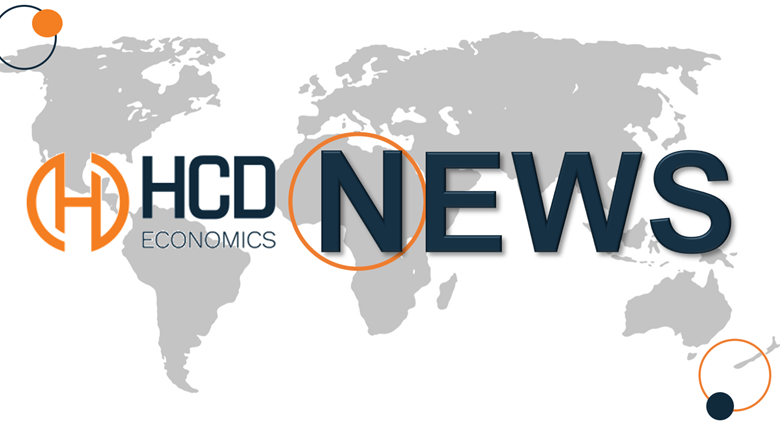
This policy-informing research was published in the peer review journal Orphanet Journal of Rare Disease https://ojrd.biomedcentral.com/articles/10.1186/s13023-022-02301-0. The HCD Economics haemophilia team developed the research in partnership with several external partners, including researchers working with two of the pharmaceutical companies investing in haemophilia treatment, Sanofi and Sobi.
Innovation and focus on the people impacted by haemophilia (patients and carers) drives HCD Economics to continue to invest in socio-economic research to inform future policy and ensure clinical approaches are aligned to the innovation underway in the therapy area. In July 2022, Sanofi published the following statement on their website, ‘a new wave of innovation in haemophilia research and development, bringing a future of treatments that could help people with this rare blood disorder live the lives they choose’. In June 2022, ahead of the International Society of Thrombosis and Haemostasis congress (ISTH), Sobi announced ‘we are excited to share data at this year’s ISTH, advancing care and providing innovative treatment approaches for people living with rare haematological diseases.
The research draws upon one of the global studies conducted under the CHESS ( Cost of Haemophilia in Europe, a Socio-economic Survey) research programme. These were generalise linear regression model analyses that drew on a survey population of more than 700 patients to inform prediction of the outcome for patients and carers of potential changes in policy and clinical care. This allowed the team at HCD Economics to offer insights for clinical and policy decision-makers.
The team examined health related quality of life (HRQ of L) and direct and indirect societal and medical costs. HRQoL was drawn upon EQ-5D data reported by the participating children (in the age range 8 years to 17 years). Data for direct medical costs, based on interventions prescribed at patient level, and clinical impact were collected from the survey participants alongside desk research establishing the country-level costs of medical interventions.
The conclusions from this study point to the previously unreported burden of illness for moderate paediatric patients, informing a gap in the literature and consequently a population for which policy and clinical decisions should be subject to review and reform. The studies report the need for further work in the moderate haemophilia patient and caregiver group to further investigate treatment patterns and disease burden. The authors of this peer reviewed paper call for further research to; ‘dissect the burden of patients with moderate disease and the need to mitigate the disparate costs to these patients, their families and society’.
HCD Economics partners with academic organisations, such as the University of Chester, and with patient organisations. Partnership includes engagement and involvement in the design of studies, and crucially this partnership also extends to a commitment to support patient organisations in their advocacy work by interpreting and communicating the peer reviewed results from socio-economic research such as this.
HCD Economics is committed to connecting its research team to interested readers. To arrange a face-to face or on-line discussion and briefing session, discussing this research and its implications, and/or for more information on our continuing plans for research directed at the paediatric and caregiver haemophilia community, please contact Alison Rose on alison.rose@hcdeconomics.com.